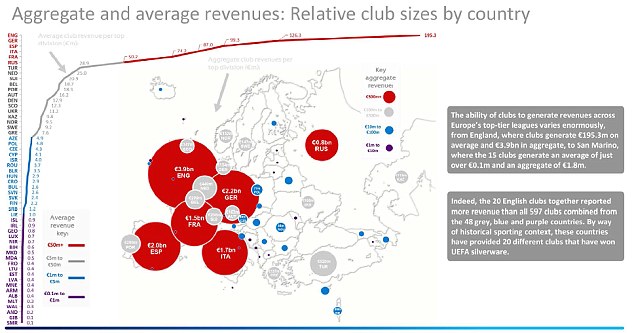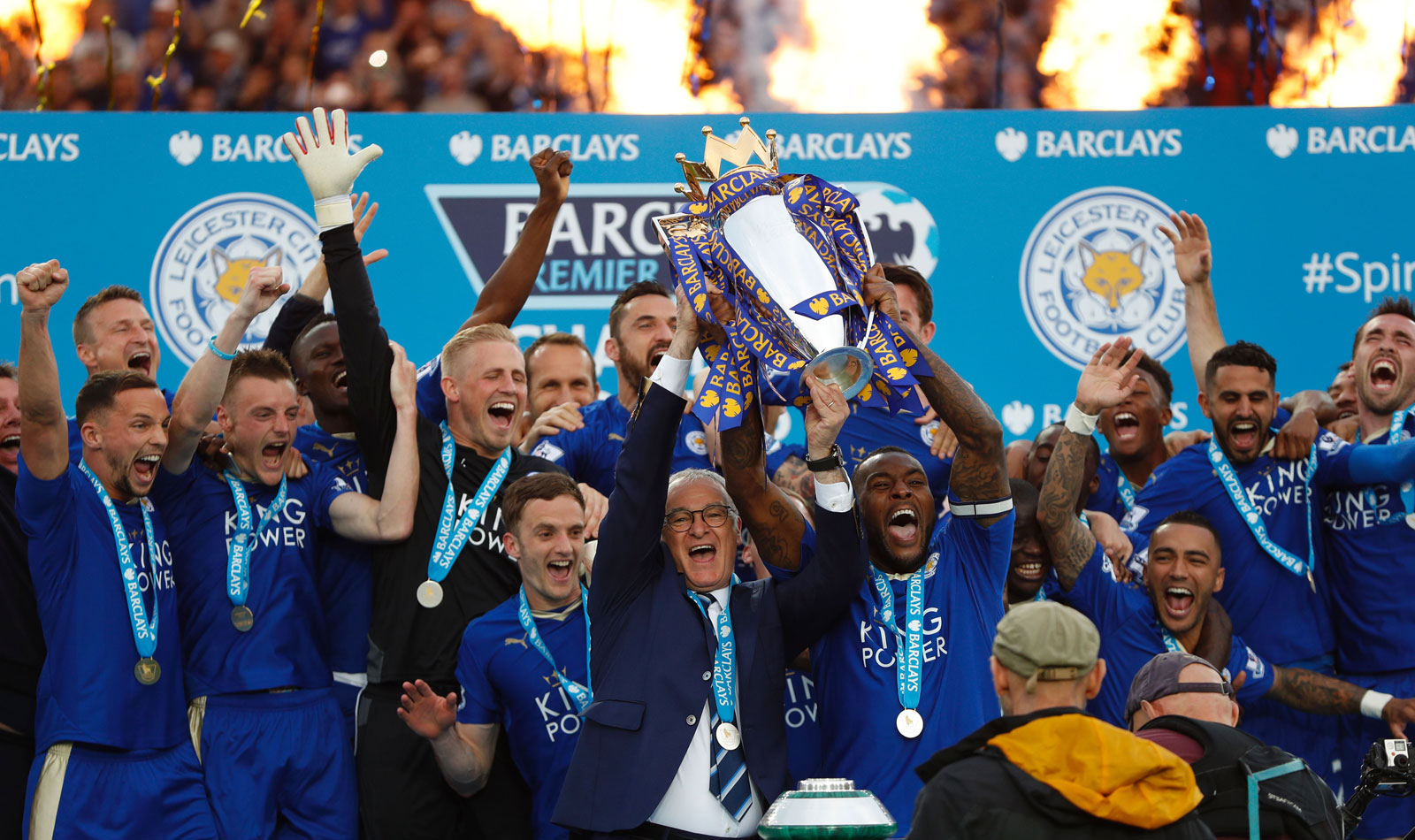We want to share a couple of questions of the interviews conducted by Cruyff Institute to their professors David Golblatt and Richard Giulianotti about the current situation of the football business, its history and their fans. Take a look at their opinion, from a sociological point of view, about: Fan Engaement, fan violence, investments in football, historic trends and not so historic trends, and much more topics we will talk about at #WFS17!
David Goldblatt

Historian, sociologist, journalist & broadcaster
Leicester City won the Premiership… all bets are off on everything!
What are your views on the current state of the football business worldwide?
As with the wider process of economic globalization – brilliance and wealth at the top of the pinnacle, hollowing out and injustice at the bottom. Expect more of this.

What are the main trends and what changes are needed if any?
A steady shift in the gender balance of the game as women’s football grows and women find their place in more niches in the industry. Expect more sexist backlashes of all kinds.
What is the importance of understanding the history of football in order to understand the football business?
Everywhere the football business trades on the meanings and authenticity that the past delivers – you only have to see how many clubs have opened museums in the last 20 years to see that. Studying football history, at the very least, provides one with the tools to avoid talking rot and repeating myths –widespread in football– and delivers the kind of critical edge and cultural range that every all-round citizen of the football nation needs.
How do you see the recent events in the football business through a historical context? Are they in line with history or are we on the verge of unprecedented changes?
Leicester City won the Premiership, the UK voted to leave the EU…all bets are off on everything!

Richard Giulianotti

Sociologist & anthropologist
Fan Projects are an important social model for seeking to prevent fan violence in the longer term, by using a social and community-education framework for engaging with young supporters.
What are your views on the current state of the football business worldwide? What are the main trends and what changes are needed if any?
Obviously, football has undergone very rapid forms of globalization over the past few decades, with the game having grown massively in economic terms, and gaining a much wider array of transnational stakeholders. In the wealthiest football nations and regions, the leading clubs and players have gained greatly from the game’s global commercialization. But, as in the wider global economy, we see long-term inequalities either intensifying or remaining, and this situation does have negative effects in terms of competitive balance, the sense of inclusion and exclusion that is experienced by different communities of clubs and fans, and there have been more instances of financial instability over the past two decades.
With the expanding reach of football around the planet and the commercial growth of big clubs, what is the impact on the way fans and supporters are connecting with clubs?
In broad terms, football supporters have become increasingly interconnected at the global level, so they are more able to receive and share information, opinion and analysis on the game from across the world. Clubs engage more with fans than in the 80s and 90s, to a large extent through marketing. There is also greater everyday social dialogue with fans, although this can be very patchy, varying significantly across different clubs and nations. One issue in relations between clubs and fans is the extent to which clubs view fans merely in the marketing sense, as consumers of products, or as co-producers of commercial activities (e.g. atmosphere at football matches, which can be used to market the club further).
https://www.youtube.com/watch?v=PVq0MrmezpI
Despite all the advances in football, fan violence is still a key issue for the industry. How do you think this issue should be tackled by governments and football governing bodies?
In the immediate sense, the control of violent fan subcultures has been a matter for the police and stadium security. Fan Projects are an important social model for seeking to prevent fan violence in the longer term, by using a social and community-education framework for engaging with young supporters. Also, fan violence does not exist in a social vacuum, so it is important that governments contribute by tackling wider social tensions and divisions.

Special thanks to Cruyff Insitute, WFS17 Academic Partner for sharing these interviews with us!

